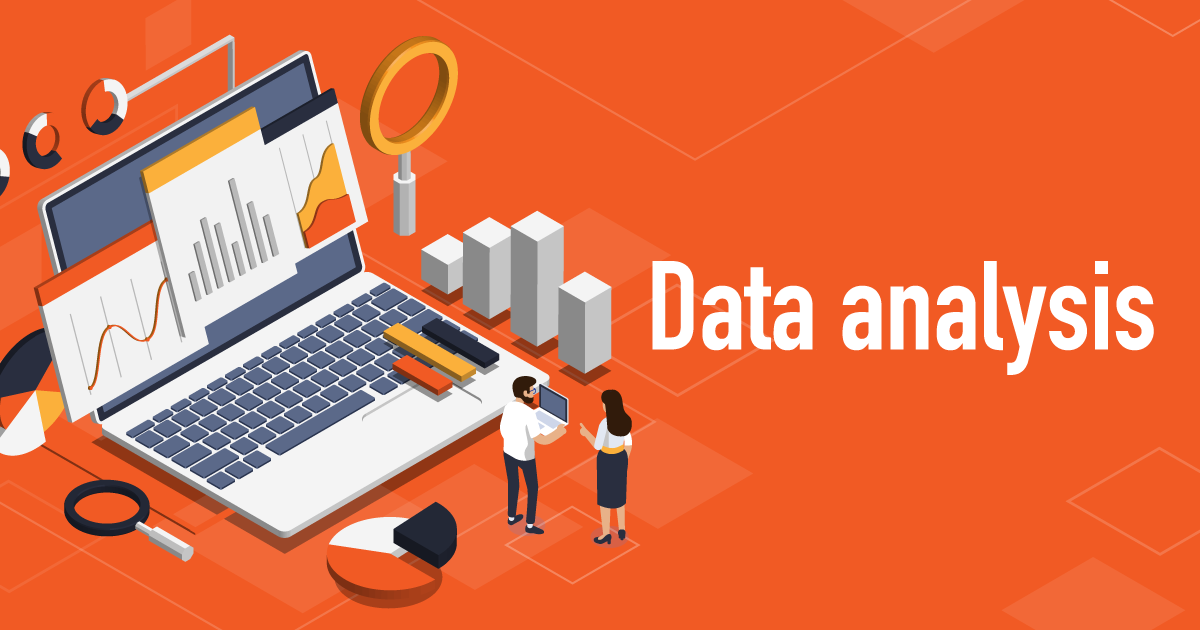
Introduction To Data Engineeering
この記事は公開されてから1年以上経過しています。情報が古い可能性がありますので、ご注意ください。
What Is Data Engineering
Data is a heart of the companies and organizations. It is very essential for companies to conduct business functions such as sales, marketing, finance, business intelligence, machine learning and others areas of the business. Companies are finding more innovative ways to takes benefit from data and make is more effective. Data engineering plays major role in this area. Data engineering helps to make data more useful and accessible for. It is all about getting the raw data, data management, and convert raw data into usable information. Data engineering is designed to support various business processes. It makes the data consumers such as analysts, data scientists and ML engineers to quickly and securely inspect all of the data and produce the useful insights, innovative models and products.
Data Engineering Responsibilities
Data engineers works with many different consumers of data, such as: Data analysts, Data scientists, Systems architects, Business leaders. So data engineer's responsibility is to make the data easily accessible to the consumers.
Data engineering responsibilities includes:
- Gathering data as per requirements.
- Maintaining data and metadata: Managing the data and meta-data storage via database management system.
- Data pipeline maintenance / testing. During the development phase, data engineers test the reliability and performance of each part of a system or they can cooperate with the testing team.
- Ensuring security and governance for the data, using centralized zed security controls like LDAP, encrypting the data, and auditing access to the data.
- Storing the data, using specialized tools and technologies such as a relational database, a NoSQL database, Hadoop, Amazon S3 or Azure blog storage.
- Data Processing using specific tools that access data from different sources, transform and enrich the data, summarize the data and store the data in the storage system.
To address these responsibilities, data engineers perform various tasks which includes:
- Acquisition : Sourcing the data from different systems.
- Cleansing: Detecting and correcting errors.
- Conversion: Converting data from one format to another.
- Disambiguation: Interpreting data that has multiple meanings.
- De-duplication: Removing duplicate copies of data.
Data Engineering Skills
A data engineer is responsible for data processing, analysis, architecting, building, testing, and maintaining the data platform. Skills of data engineers are classified into three main areas: Engineering skills, data science skills, and databases / warehouses.
Engineering Skills
Programming language skills: C #, Java, Python, R, Ruby, Scala and SQL. Python, R and SQL are the most popular languages in the field of data engineering.
Data Science Skills
Data engineer work with data scientist so need to have a proper understanding of data modeling, algorithms, and data transformation. These techniques are the basics to work with data platforms.
- Strong understanding of data science concepts
- Good understanding of ETL tools
- Expertise in data analysis and Data preprocessing
- Big data technologies: Hadoop and Kafka
- ML frameworks and libraries: TensorFlow, Spark, PyTorch, mlpack
Database / Warehouse
Data engineers should have an understanding about data storages, data warehouses and data lakes. They should have knowledge of specific tools such as:
- SQL / NoSQL
- Amazon Redshift
- Panoply
- Oracle
- Talend
Role Of Data Engineer
Data engineers focus on collecting and preparing data to be used by data scientists and analysts. They perform three main roles which are as follows:
- Generalists: are often responsible for every step of the data process. They may have more skill than most data engineers, but less. Knowledge of systems architecture. A data scientist looking to become a data engineer would fit well into the generalist role.
- Pipeline-centric: These role exist in companies that have large size and midsize data analytics teams. These data engineer's works on more complicated data science projects across distributed systems. Pipeline-centric data engineers need in-depth knowledge of distributed systems and computer science.
- Database-centric: These data engineers are responsible for implementing, maintaining and populating analytics databases. This role typically exists at larger companies where data is distributed across several databases. The engineers are responsible for analysis and creating table schemas using extract, transform, load ( ETL ) methods. ETL is a process in which data is copied from several sources into a single destination system.
Data Scientists Vs. Data Engineers
Data engineering and data science are complementary. Data scientists and data analysts analyze data sets to get the knowledge and insights. Data engineers gather and prepare the data specifically data scientists use the data to promote better business decisions.
Data Scientists:
Data Scientists are focused on advanced data analytics of data which is generated and stored in a company database. Data Scientists has the mathematical and analytics skills. They use tools like R, Python and SAS and machine learning and data mining techniques to analyze data and produce. These technologies are built to works on the data which is ready for analysis and gathered together in one place. They communicate their insights using charts, graphs and visualization tools.
Data Engineers:
Data engineers have the skills of SQL, MySQL, and NoSQL, architecture, databases and cloud technologies. Data engineers build systems for collecting, validating, and preparing that. Data engineers focus on collecting and preparing data which is then used by data scientists and analysts. Data engineer works with data scientists to understand their specific needs for a job, structures needed for analysis. Data engineer makes data scientists more productive. They allow data scientists to focus on performing analytical task. Without data engineering, data scientists spend the majority of their time preparing data for analysis.
References
- https://realpython.com/python-data-engineer/
- https://www.dremio.com/data-lake/data-engineering/
- https://www.altexsoft.com/blog/what-is-data-engineer-role-skills/
- https://searchdatamanagement.techtarget.com/definition/data-engineer










